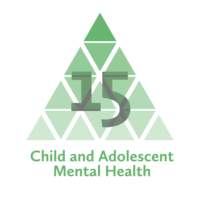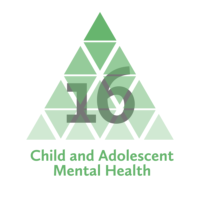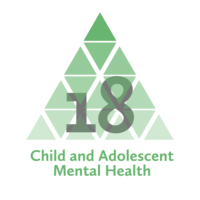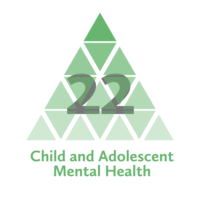Cross sectional study
-

Cognitive inflexibility contributes to both externalising and internalising difficulties in ASD
Children with autism spectrum disorder (ASD) commonly experience internalising and externalising symptoms, but the underlying cognitive mechanisms are unclear. In their latest study published in the Journal of Child Psychology and Psychiatry, Ann Ozsivadjian and colleagues examined the role of three cognitive factors that might contribute to these difficulties.
Read more -

Insufficient sleep during adolescence might pose a risk for later depression and anxiety
A new study published in the Journal of Child Psychology and Psychiatry has found that young people who have poor sleep quality and quantity might be at risk of poor mental health later in adolescence and early adulthood.
Read more -

How accurate are teachers’ assessments of children’s mental health?
Frances Mathews, Tamsin Ford and colleagues have performed a secondary analysis of the 2004 British Child and Adolescent Mental Health Survey, to understand how accurately teacher concern predicts the presence of a mental disorder in school children.
Read more -

Poor sleep quality in adolescence might contribute to poor psychological functioning
Sleep problems affect up to 25% adolescents and have frequently been associated with psychopathology. Now, Marije Vermeulen and colleagues have investigated whether short and/or problematic sleep truly contributes to psychological functioning.
Read more -

Who can best support young people who self-harm?
A new study published in Child and Adolescent Mental Health has investigated what forms of support young people who self-harm find helpful.
Read more -

Suicidal ideation in children: is it written all over their face?
A study recently published in the JCPP, has investigated how suicidal thoughts might develop in childhood, focusing on the parent–child relationship.
Read more -

Most cited CAMH paper #15 of 25: Linking lack of care in childhood to anxiety disorders in emerging adulthood: the role of attachment styles
Adriano Schimmenti, Antonia Bifulco.
Read more
Key Practitioner Message includes; Using life span models of experience and development can help identify specific risk pathways from childhood to later disorder to aid prevention strategies -

Most cited CAMH paper #16 of 25: Adolescent school absenteeism: modelling social and individual risk factors
Jo Magne, Ingul Christian A. Klöckner, Wendy K. Silverman, Hans M. Nordahl.
Read more
Key Practitioner Message includes; Externalising problems and family work and health are more important than internalising problems in predicting school absenteeism -

Most cited CAMH paper #18 of 25: The Diagnostic Utility of Executive Function Assessments in the Identification of ADHD in Children
Joni Holmes, Susan E. Gathercole, Maurice Place, Tracy P. Alloway, Julian G. Elliott, Kerry A. Hilton.
Read more
Key Practitioner Message includes; Guidance from clinicians about the difficulties in executive functioning experienced by children with ADHD may prove helpful to teachers and parents. -

Most cited CAMH paper #22 of 25: Perceived Parenting, Positive and Negative Perceptions of Parents, and Late Adolescent Emotional Adjustment
Cliff McKinney, Reesa Donnelly, Kimberly Renk.
Read more
Most cited CAMH paper #22 of 25: Perceived Parenting, Positive and Negative Perceptions of Parents, and Late Adolescent Emotional Adjustment